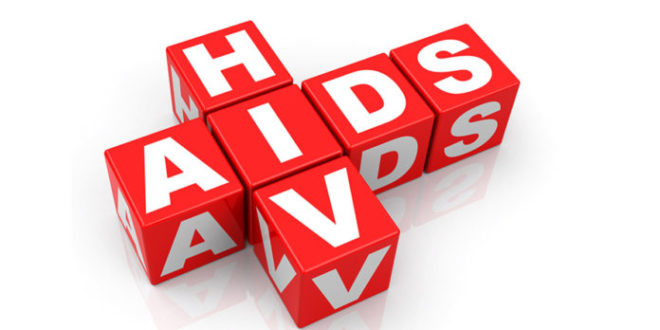The presidential advisor on HIV/Aids, Dr. Mokowa Blay Adu-Gyamfi, has indicated that the country will soon have to deal with an HIV/AIDS epidemic if care is not taken.
According to her, an HIV/AIDS epidemic might be eminent because even though the number of cases of the disease keeps rising and the fact that it is fatality there is very little education on it.
She explained that because Ghanaians are not aware of the mode of transmission of the virus, they fail to take the necessary precautions, which is making a lot of people get the disease, asaaseradio.com reports.
“HIV/Aids is still a problem. With COVID now, we don’t even hear about HIV/Aids at all. I’m sure we are going to have a big epidemic very soon; because we don’t hear of it [HIV/Aids]. People are not being cautious of it …people need [continuous] education on HIV.
“HIV/Aids cannot be cured. You can only suppress it … once you are positive, you are positive till you die,” Dr Adu-Gyamfi is quoted to have said on Asaase Radio.
Also, the presidential advisor on HIV/Aids said that another issue facing the fight against HIV/AIDS is the issue of funding.
“We’ve talked about it [funding for Aids]. We need funding and I hope very soon the president will consent to the Aids fund because now money is not coming from outside.
“The Global Fund is there but that’s not sufficient for our needs. So very soon we shall be having the Aids fund launched. I’ll be at the Presidency [to ensure] it’s launched quickly because he [the president] is the head of the Ghana AIDS Commission,” she said.
The Ghana AIDS Commission has disclosed that 346,120 Ghanaians have been infected with HIV, the virus that causes AIDS with 66 percent being females while the rest are males.
Data also indicates that only 88 percent of people living with HIV know their status, of which 29 percent of them are women.
The Ghana AIDS Commission has set a new target of having 95 percent of people living with HIV knowing their status, 95 percent of people who know they are HIV positive going for treatment and 95 percent of those who are on treatment achieve viral suppression by 2025, to help eradicate the disease in Ghana.
Source: www.ghanaweb.com
 Home Of Ghana News Ghana News, Entertainment And More
Home Of Ghana News Ghana News, Entertainment And More





